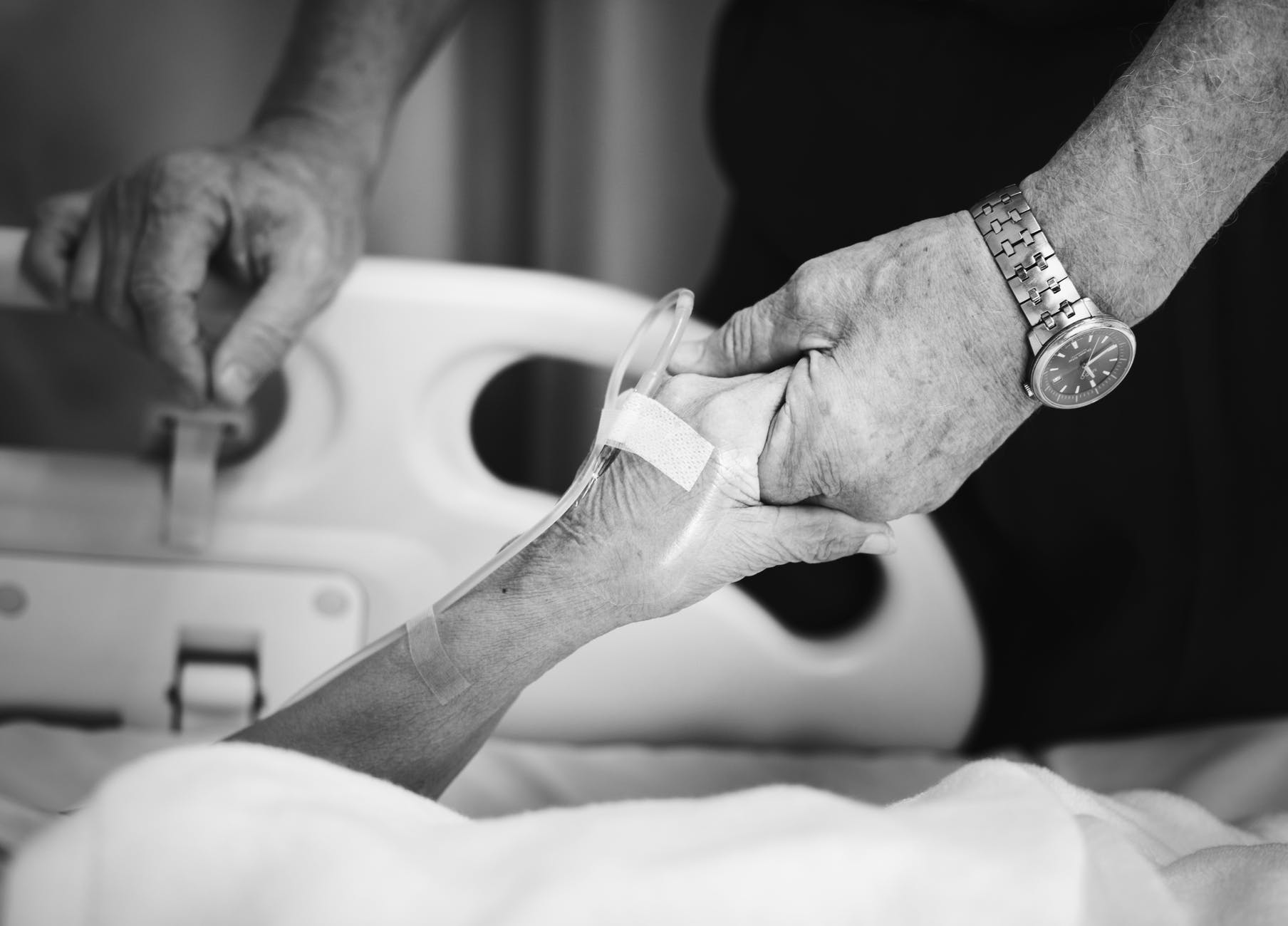Disclaimer: Since Medicaid rules and insurance regulations are updated regularly, past blog posts may not present the most accurate or relevant data. Please contact our office for up-to-date information, strategies, and guidance.
What happens when a patient is too ill to be sent home from the hospital but not ill enough to be admitted as an inpatient? That patient will likely receive observation care, which often includes the same services and treatment as an admitted patient. The problem is observation care is considered an outpatient service under Medicare. So, in addition to getting stuck with a larger portion of the bill than if the patient was admitted, he or she may also forego coverage for nursing home care following the hospital stay, even if the hospital stay lasted 3 or more days.
Hospital observation care has been on the rise since 2008 and has caused major headaches for some Medicare patients, who are unable to appeal gaps in nursing home coverage when observation care is involved. A class-action lawsuit filed in 2011 regarding this gaping issue has recently moved to trial, where 14 plaintiffs and their families are seeking to get reimbursed for prior nursing home care and eliminate the Medicare loophole for future observation care patients.
The lawsuit focuses on a patient’s right to fight for their healthcare coverage when the government takes it away. If the plaintiffs are successful, Medicare beneficiaries who have received 3 or more consecutive days of observation care since January 1, 2009 and were denied nursing home coverage may file appeals seeking reimbursement for bills that Medicare would have covered had they been admitted to the hospital. From 2009 through 2017, more than 1.3 million observation care claims met the necessary criteria. In fact, claims for patients who received observation care and were in the hospital for more than 48 hours rose by almost 159%, many of which would have qualified for nursing home coverage if they had been admitted instead.
The requirement for a 3-day hospital admittance before a nursing home stay is written into Medicare law, but many patients are still dealing with the negative effects of receiving observation care rather than inpatient hospital care. To help combat this issue, Medicare officials enacted a “two-midnight” policy in 2013, which states that doctors should admit patients who they believe will be sick enough to stay in the hospital for 2 midnights or longer. Rather than fully relying on the physician’s clinical judgment, the rule limits a doctor’s ability to account for all possibilities and instead forces them to, in some cases, draw their own interpretations of the Medicare rules and read between the lines.
A Medicare fact sheet was recently issued to nursing home operators, encouraging them to give advanced notice of non-coverage to patients who arrive without the required 3-day hospital admittance. The notice also states patients are able to seek reimbursement by submitting a Medicare appeal, which has proven to be impossible—exactly the problem the class-action lawsuit is looking to solve.
Read the full article from Kaiser Health News below.
READ MORE


